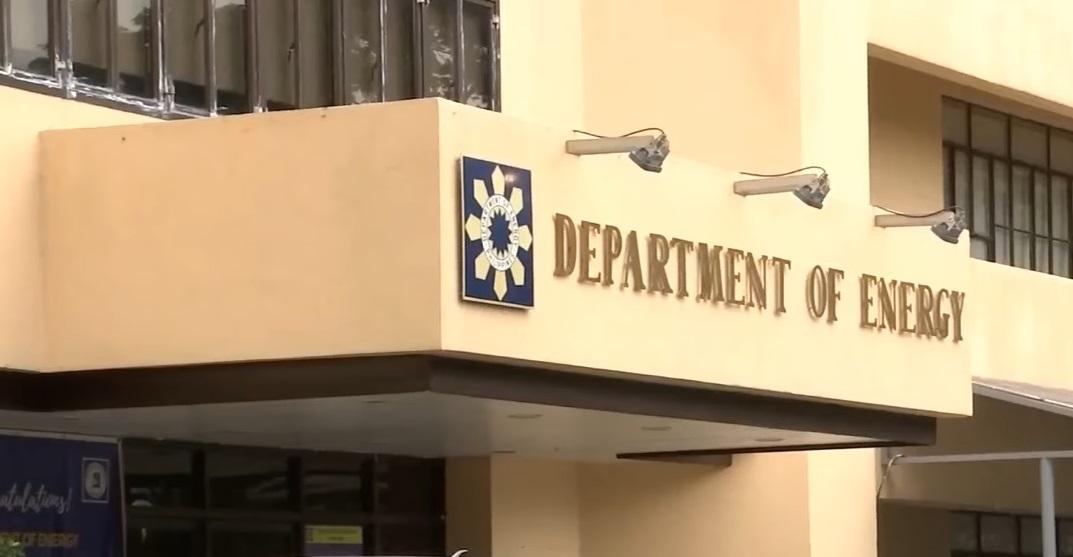DOE commits to properly exercise power to take over oil industry during emergency
Published March 6, 2024 6:02pm The Department of Energy (DOE) on Wednesday welcomed the Supreme Court (SC) decision which affirmed its authority to take over the oil industry in times of emergency. In a 37-page decision, the Supreme Court reversed the Court of Appeals’ ruling that declared Section 14(e) of Republic Act 8479 or Oil […]


The Department of Energy (DOE) on Wednesday welcomed the Supreme Court (SC) decision which affirmed its authority to take over the oil industry in times of emergency.
In a 37-page decision, the Supreme Court reversed the Court of Appeals’ ruling that declared Section 14(e) of Republic Act 8479 or Oil Deregulation Law unconstitutional.
Section 14(e) of the law states that “in times of national emergency, when the public interest so requires, the DOE may, during the emergency and under reasonable terms prescribed by it, temporarily take over or direct the operation of any person or entity engaged in the Industry.”
The SC, in its decision, said Section 14(e) of RA 8479 is “a proper delegation of takeover power to the DOE.”
With this, the DOE said it respects and supports the ruling of the Supreme Court upholding the constitutionality of Section 14(e) of Oil Deregulation law that authorizes the DOE in times of national emergency to temporarily take over or direct the operation of any person or entity engaged in the downstream oil industry.
“The DOE is committed to implementing Section 14(e) of the said law as the public interest may require in times of national emergency, in accordance with the Constitution and the applicable laws and consistent with the President’s intent or instructions,” the Energy Department said.
“The DOE will study fully with the Department of Justice and the Office of the Solicitor General the clarifications made by the Supreme Court and will take such steps as may be necessary to ensure that this measure of last resort is properly exercised whenever needed,” it added.
The SC cited Section 23 of the Constitution that provides limitations on the takeover power.
“In line with this constitutional provision is a well-established doctrine of qualified political agency. The doctrine recognizes the multifarious responsibilities a president faces, which calls for the delegation of certain responsibilities to cabinet members,” the high court said.
“It posits that the heads of the various executive departments stand as the president’s alter egos permitted to act on behalf of the president,” it added.
However, the Court said that if the energy secretary acts in contrast with the president’s intent or instruction, the act will be deemed ultra vires (acting or done beyond one’s legal power or authority) and an unconstitutional usurpation of executive power.
“Moreover, it must first be demonstrated that the president withheld approval or repudiated the delegation or the actions of the delegated authority,” the SC added.
The DOE said it will also continue to consult and work with all stakeholders on maximizing and diversifying sources of energy supply, enhancing its distribution and availability to the public at reasonable prices, managing the prioritization of demand to avoid or minimize potential constraints, and strengthening overall capacity to bounce back from interruptions. — Ted Cordero/RSJ, GMA Integrated News














